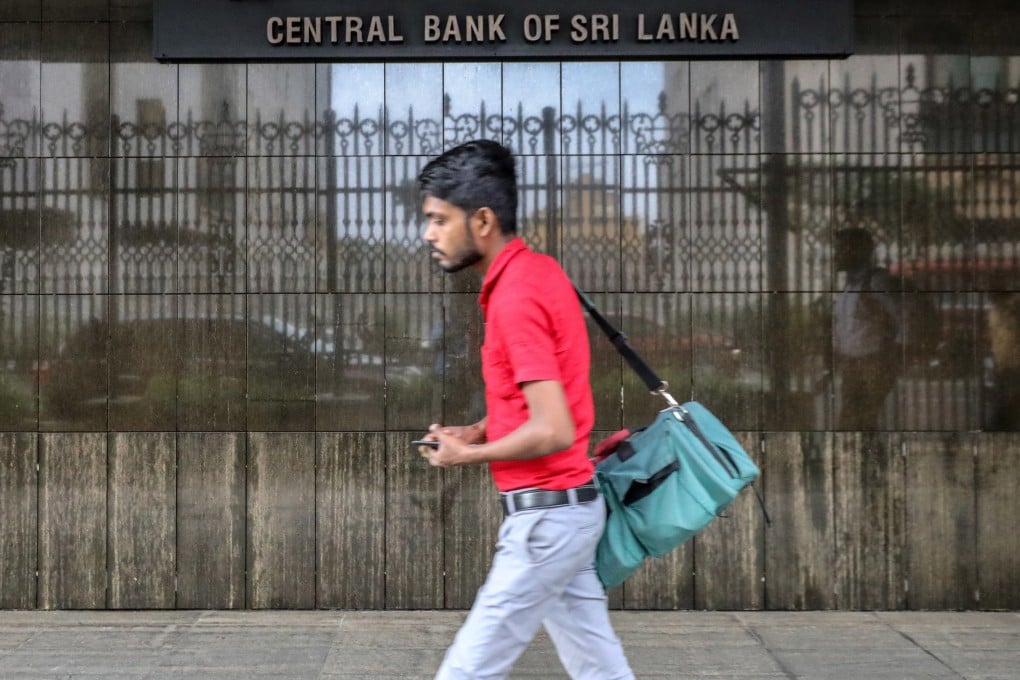Sri Lanka, taxed by austerity measures, walks a ‘tightrope’ between IMF demands and rebuilding society
- Austerity measures such as tax reforms have taken a toll on Sri Lankans struggling with inflation and rising living costs
- As Sri Lankan professionals consider emigration, analysts warn further tough measures could hasten outflow of talent and hurt short-term stability

Rajitha Wickramasinghe, 33, was living a comfortable life as a product development and innovation engineer, but as Sri Lanka reels from bankruptcy, he is among a growing number of professionals looking to emigrate.
Disposable incomes of professionals like Wickramasinghe shrivelled as Sri Lanka was thrust into a deep economic crisis last year, crippling the country with severe shortages of essentials such as medicine and fuel. The crisis triggered a regime change amid mass protests as the country’s foreign reserves dwindled.
As Sri Lanka reached a staff-level agreement with the International Monetary Fund (IMF) following its historic debt default in May 2022, and began negotiating a bailout, a number of conditions aimed at restoring its macroeconomic stability and debt sustainability had to be met. This included major tax reforms, cost recovery electricity pricing, rebuilding the country’s foreign reserves, and improving social safety nets.

By September 2023, the year-on-year inflation marked 1.3 per cent, compared to a staggering 69.8 per cent in September 2022.
Despite this, austerity measures such as tax reforms have only added to the pressures on household incomes already hit by inflation and rising living costs.
Wickramasinghe said the reforms meant his income tax payment spiked from around 6,000 to 70,000 Sri Lankan rupees. This has become a “key reason” for those used to a more comfortable lifestyle to think about emigrating, he added.
“[For example] it is very difficult to think of buying a new vehicle because vehicle prices are higher, and even though my office provides a vehicle allowance [to pay the lease], that too gets taxed, eating into my salary,” said Wickramasinghe, who added that both he and his wife were thinking of leaving.
